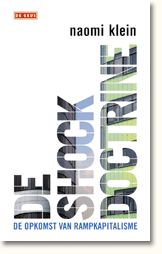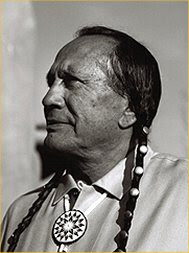 Als de Amerikaanse elite nu eens zou beginnen met van de VS een democratische rechtstaat te maken in plaats van overal ter wereld oorlogen te beginnen die vervolgens in chaos eindigen. Daan mailde me dit bericht:
Als de Amerikaanse elite nu eens zou beginnen met van de VS een democratische rechtstaat te maken in plaats van overal ter wereld oorlogen te beginnen die vervolgens in chaos eindigen. Daan mailde me dit bericht:' Worms infect more poor Americans than thought
By Maggie Fox, Health and Science Editor
WASHINGTON (Reuters) - Roundworms may infect close to a quarter of inner city black children, tapeworms are the leading cause of seizures among U.S. Hispanics and other parasitic diseases associated with poor countries are also affecting Americans, a U.S. expert said on Tuesday.
Recent studies show many of the poorest Americans living in the United States carry some of the same parasitic infections that affect the poor in Africa, Asia, and Latin America, said Dr. Peter Hotez, a tropical disease expert at George Washington University and editor-in-chief of the Public Library of Science journal PLoS Neglected Tropical Diseases.
Writing in the journal, Hotez said these parasitic infections had been ignored by most health experts in the United States.
"I feel strongly that this is such an important health issue and yet because it only affects the poor it has been ignored," Hotez said via e-mail.
He said the United States spent hundreds of millions of dollars to defend against bio-terrorism threats like anthrax or smallpox or avian flu, which were more a theoretical concern than a real threat at present.
"And yet we have a devastating parasitic disease burden among the American poor, right under our nose," Hotez said.
He noted a recent study by the Centers for Disease Control and Prevention, presented in November, found that almost 14 percent of the U.S. population is infected with Toxocara roundworms, which dogs and cats can pass to people.'
Lees verder: http://www.reuters.com/article/healthNews/idUSN2526656920071226
En als de commerciele massamedia in Nederland hier nu eens over berichten, en niet nagenoeg al hun aandacht zouden besteden aan de polder, dan zou de massa hier beter geinformeerd zijn en intelligentere keuzes kunnen maken.
















